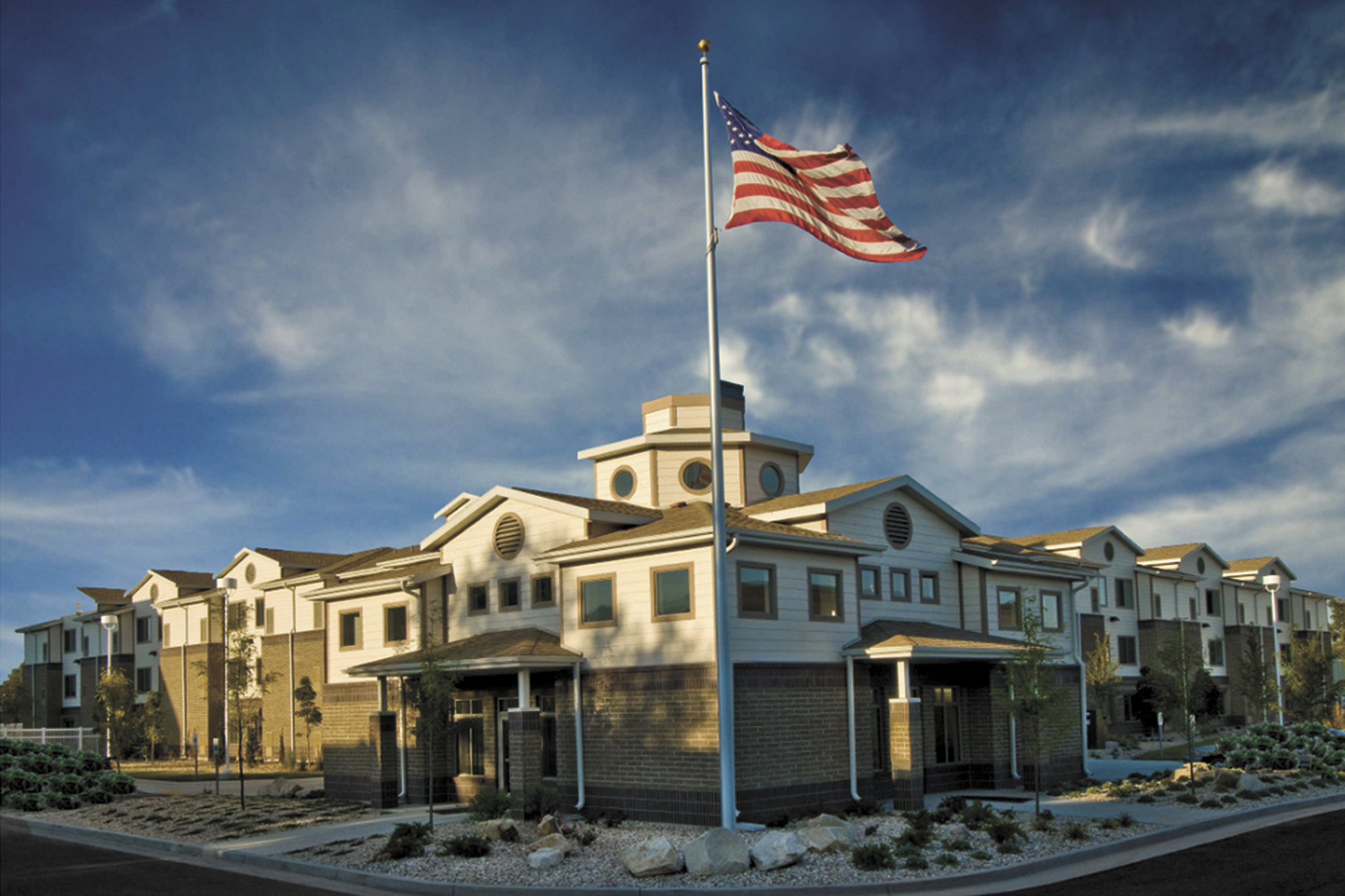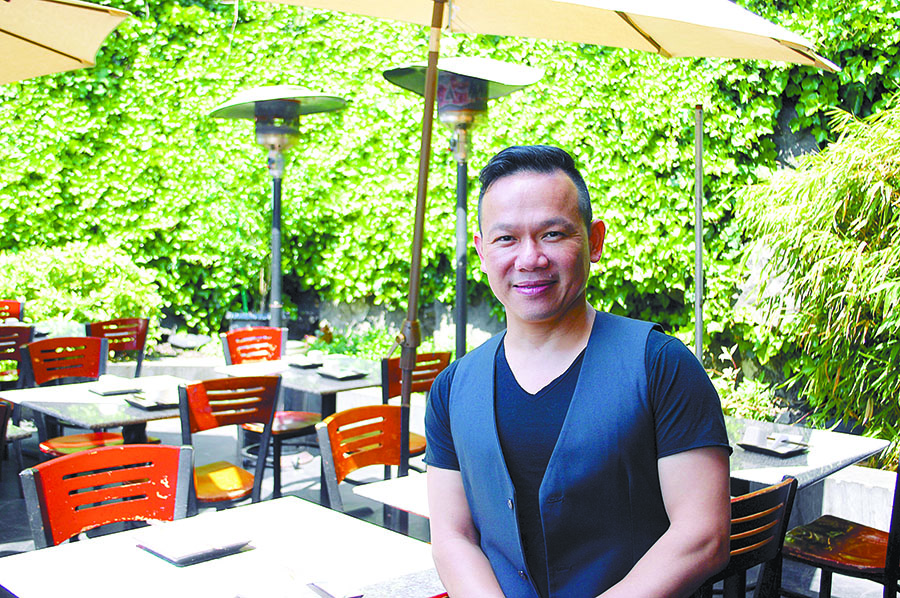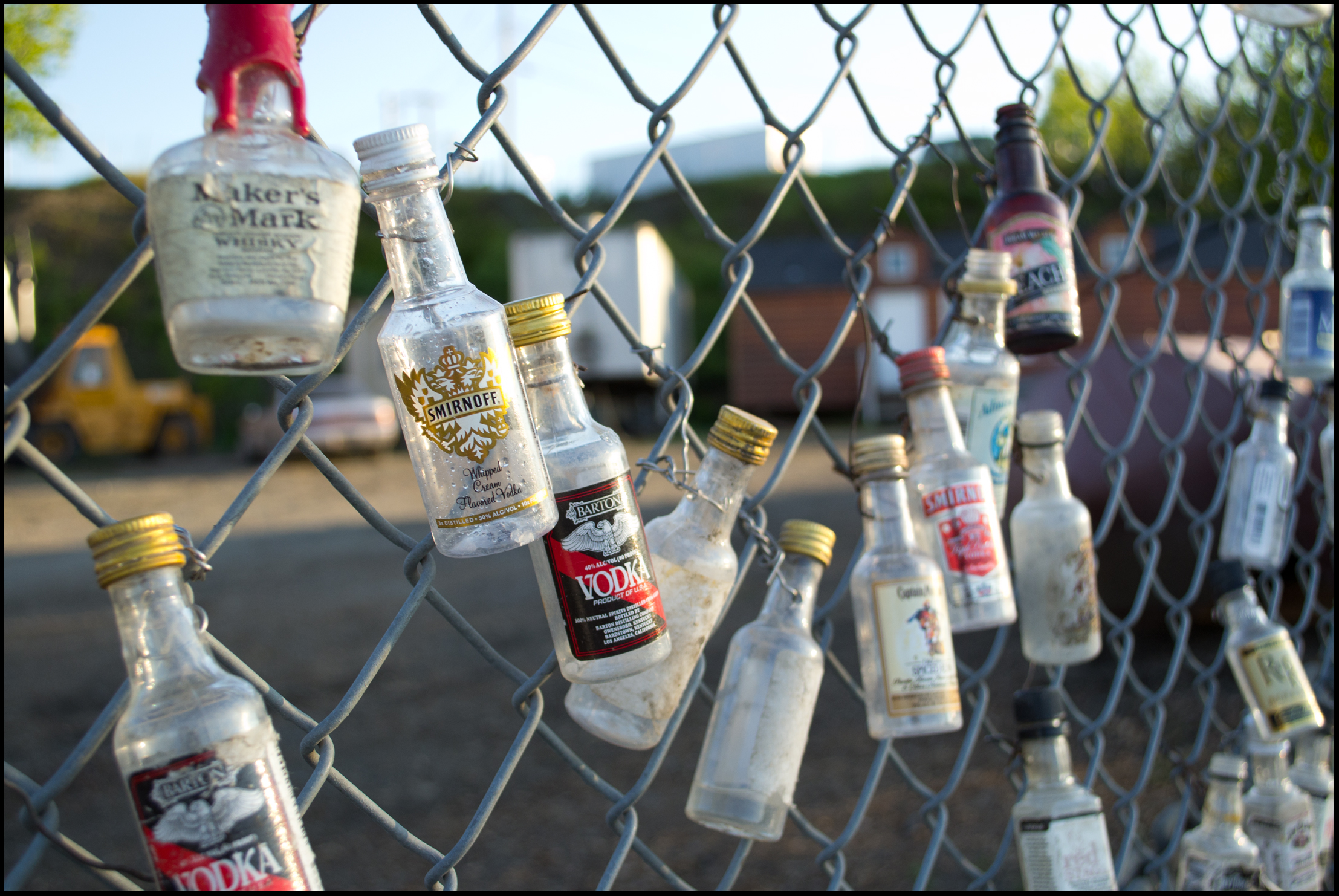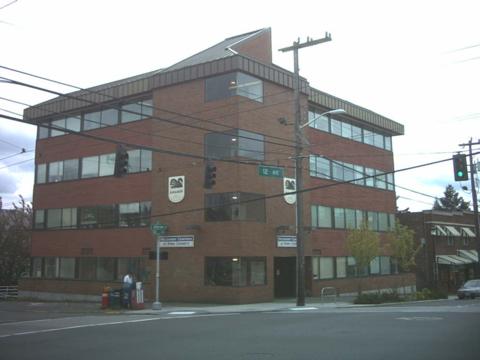Like the Bible, it would appear there are many ways to interpret the state’s legal marijuana law.
Today, in a long-awaited opinion, Washington Attorney General Bob Ferguson says the law, Initiative 502, leaves the door wide open for local governments to adopt moratoriums or even bans that prohibit licensed grow operations, processing facilities or retail shops from their jurisdictions.
“Under Washington law, there is a strong presumption against finding that state law preempts local ordinances. Although Initiative 502 establishes a licensing and regulatory system for marijuana producers, processors, and retailers in Washington State, it includes no clear indication that it was intended to preempt local authority to regulate such businesses.
“We therefore conclude that I-502 left in place the normal powers of local governments to regulate within their jurisdictions,” Ferguson said in a news release.
The opinion was requested by the Washington Liquor Control Board, which has been concerned that local bans could restrict access to legal marijuana and make it difficult to move people away from the black market.
Pierce County, for one, has banned marijuana businesses in its unincorporated areas. As Seattle PI.com reports, “the in-house fight over that ban was pretty epic: The county council voted in strict rules effectively banning those businesses. Then the county executive vetoed those rules … and then the council voted to override that veto.”
“Yes, the state law is in conflict with federal law, but the U.S. Department of Justice in August announced it is not going to challenge the state law at this time,” Tacoma county executive Pat McCarthy said at the time. “The county is an entity of the state, and we cannot pass an ordinance that is in conflict with the state.”
However, the AG’s opinion makes it clear that it will be difficult for potential businesses to get their cases against a city or county ban into court or win in court.
Alison Holcomb, the lead architect of I-502 and Criminal Justice Director for ACLU of Washington, responded in an e-mail:
The initiative specifically gives the Liquor Control Board, in determining the number of stores per county, the task of providing “adequate access to licensed sources … to discourage purchases from the illegal market.” It’s hard to see how allowing counties to ban stores outright doesn’t directly conflict with state law.
Some jurisdictions have effective bans on pot businesses, because their local ordinances require businesses to follow state, federal and local law, and marijuana remains illegal under federal law.
Nearly three dozen of the state’s biggest cities have adopted moratoriums of up to a year on marijuana businesses.
UPDATE: The state Liquor Control Board issued the following statement on Ferguson’s opinion:
“On behalf of my fellow board members, I would like to thank Attorney General Ferguson for providing a thorough legal analysis of our request as to whether a local government could formally or effectively ban a marijuana business from its jurisdiction. The formal opinion indicates that they have the ability to do so.
The legal opinion will be a disappointment to the majority of Washington’s voters who approved Initiative 502. We’re not yet sure how this opinion will change the implementation of the initiative. If some local governments impose bans it will impact public safety by allowing the current illicit market to continue. It will also reduce the state’s expectations for revenue generated from the legal system we are putting in place.
The Board will be discussing next steps. We have already been working with local governments, legislators and the governor’s office on this issue and will continue to do so. As we have throughout this process, we will clearly communicate our intentions along the way.”








